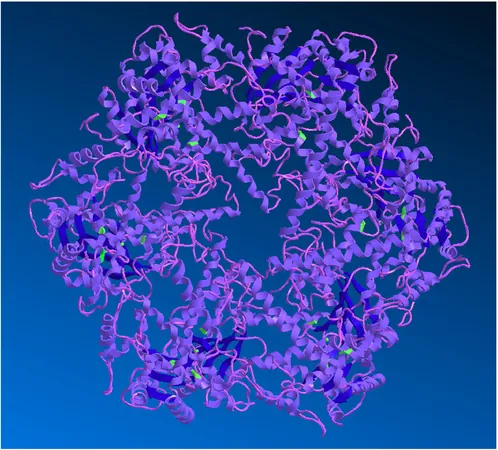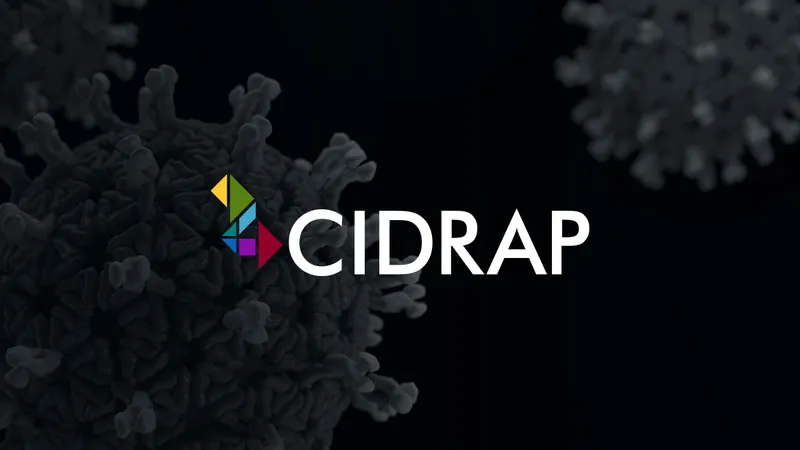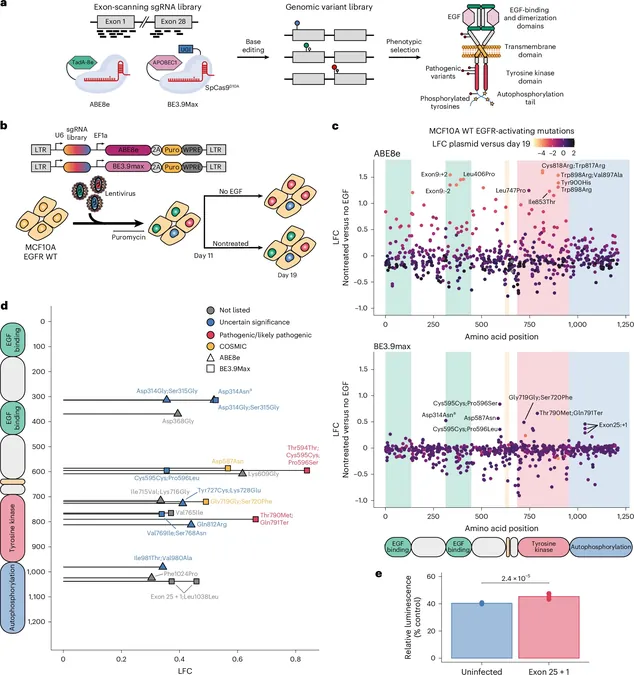
Zinc to the Rescue: Groundbreaking Study Reveals Foliar Sprays Can Boost Crop Drought Resistance!
2024-11-13
Author: Yu
Introduction
In an exciting breakthrough for sustainable agriculture, a new study led by Dr. Arun K. Shanker and a team of researchers from the ICAR-CRIDA has unveiled how zinc foliar sprays can significantly enhance drought resilience in crops, specifically focusing on pearl millet.
Study Overview
Published in the esteemed journal *Plant Stress*, the research utilizes cutting-edge physiological measurements to uncover the life-saving potential of zinc in both nano (Zn Nano) and chelated (Zn EDTA) forms. The findings illustrate how these treatments can effectively counteract the crippling effects of water deficit stress, leading to improved photosynthetic efficiency and safeguarding vital photosynthetic apparatus.
Mechanism of Action
Under conditions of drought, water-stressed crops suffer from disrupted electron transport in Photosystem II (PSII), causing a 'traffic jam' that severely hampers photosynthesis. However, the application of zinc in foliar sprays appears to turbocharge this process, markedly enhancing electron transport efficiency and reducing harmful non-photochemical quenching (NPQ). This means a much better energy balance for the crops, setting them up for success even during challenging weather conditions.
Role of Pigments
Additionally, the study sheds light on the essential roles of xanthophyll cycle pigments such as violaxanthin, antheraxanthin, and zeaxanthin, which are crucial in dissipating excess light energy—especially during periods of stress. The introduction of zinc treatments has been shown to amplify the protective effects of these pigments, thereby fortifying plants against light-induced damage during drought.
Zinc-Binding Proteins
The research also hints at the potential involvement of zinc-binding chloroplastic proteins in aiding plants' responses to water stress, suggesting a multifaceted approach to enhancing plant resilience.
Impact on Agriculture
With climate change leading to increasingly erratic weather patterns and prolonged droughts, these findings are not just academic; they hold significant promise for agricultural practices aimed at achieving food security in an era of uncertainty.
Conclusion
Imagine the implications of this study for farming strategies worldwide: low-cost and efficient foliar nutrition that could revolutionize the way we maintain crop yields in water-scarce regions! As we race against time to mitigate the effects of climate change, the use of zinc foliar sprays could be the key to unlocking a new era of drought-resistant agriculture. This exciting research brings us one step closer to sustainable farming, offering vital insights and practical solutions that farmers can increasingly rely on to adapt to the challenges posed by climate change.






 Brasil (PT)
Brasil (PT)
 Canada (EN)
Canada (EN)
 Chile (ES)
Chile (ES)
 España (ES)
España (ES)
 France (FR)
France (FR)
 Hong Kong (EN)
Hong Kong (EN)
 Italia (IT)
Italia (IT)
 日本 (JA)
日本 (JA)
 Magyarország (HU)
Magyarország (HU)
 Norge (NO)
Norge (NO)
 Polska (PL)
Polska (PL)
 Schweiz (DE)
Schweiz (DE)
 Singapore (EN)
Singapore (EN)
 Sverige (SV)
Sverige (SV)
 Suomi (FI)
Suomi (FI)
 Türkiye (TR)
Türkiye (TR)